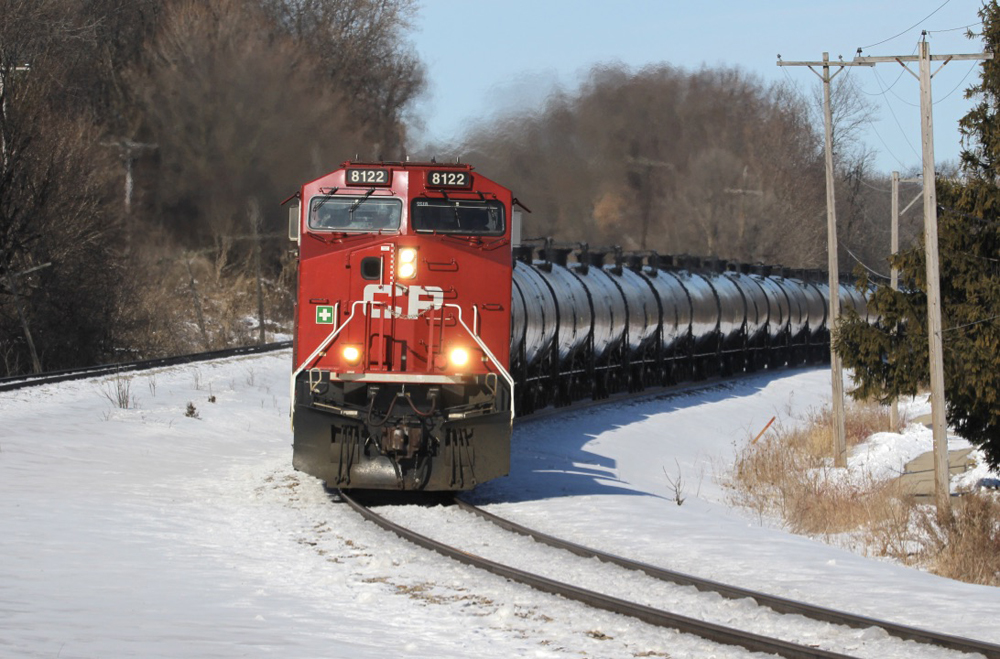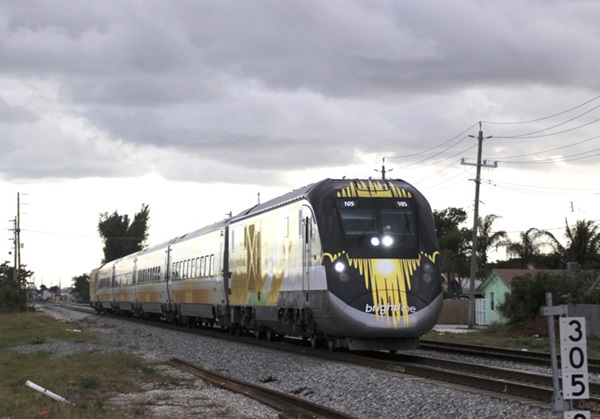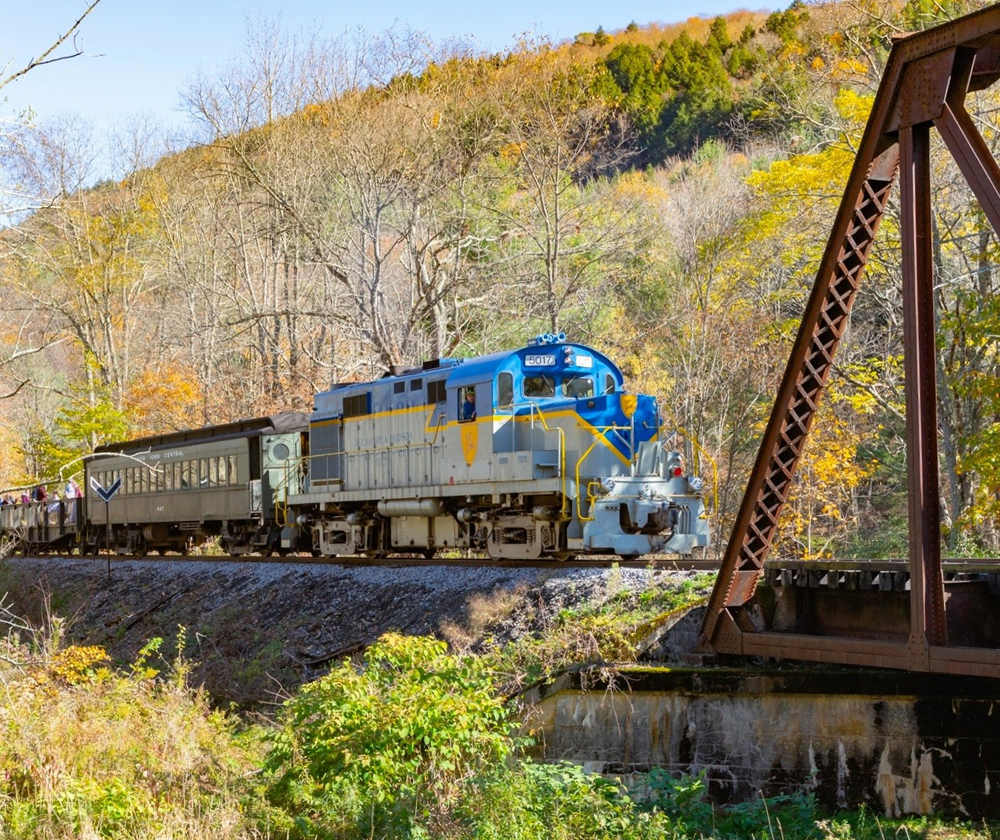
CALGARY, Alberta — Higher fuel costs and a disappointing Canadian grain crop weighed on Canadian Pacific’s third-quarter profits, the railway reported today.
“There’s certainly challenges ahead as we look forward to our base business. We’ve got a smaller Canadian grain crop, we’ve got some supply chain issues, challenges, that the balance of the industry is also experiencing,” CEO Keith Creel told investors and analysts on the railway’s earnings call this morning. But the overall economic backdrop is encouraging, he says, as is CP’s proposed merger with Kansas City Southern.
CP lowered its volume outlook for the year due to the poor Canadian grain crop, which is 40% smaller than last year’s record crop due to drought conditions on the Prairies. CP now expects revenue ton-miles to increase in the low single-digit percentage range, down from high single digits. The railway maintained its financial outlook of double-digit growth in earnings per share.
CP expects to file its KCS merger application with the U.S. Surface Transportation Board by the end of the month, Creel says. CP shareholders will vote on the merger on Dec. 8, and Creel says it’s possible the deal could close by the end of the year.
CP doesn’t expect the STB to impose any conditions on the merger. “We’ve got zero overlap, zero shippers losing options,” Creel says. “We’re going to create new competition, new service options for our shippers.”
For the quarter, CP’s operating income declined 1%, to $774 million, as revenue rose 4%, to $1.9 billion and fuel costs rose 42% for the quarter. Earnings per share, adjusted for the impact of merger-related costs, grew 7%, to 88 cents.
The quarterly operating ratio, adjusted for one-time items, was 59.4%, up 1.2 points from a year ago. CP set an all-time fuel efficiency record as average train length and weight grew.
Overall, CP’s traffic was up 1% when measured by carloads, but dropped 4% when measured by revenue ton miles, the preferred metric of the Canadian railways.
Grain slumped 29%, potash declined 18% due to port improvement projects and mine closures, and automotive volume fell 25% amid the ongoing computer chip shortage that has crimped production.
Merchandise growth was led by the energy, chemicals, and plastics segment, which was up 23% thanks in part to the launch of DRUbit crude by rail shipments from Alberta to Port Arthur, Texas, that ramped up to 15 trains per month.
CP’s intermodal volume was up 8%, with domestic intermodal setting a quarterly record and international business up thanks to the shift of COSCO/OOCL business from CN to CP. CP also is looking to expand the Vancouver transload center it opened in September in partnership with Maersk, Chief Marketing Officer John Brooks says.













